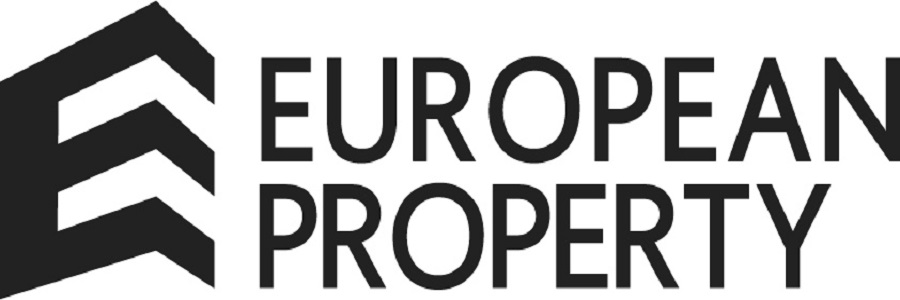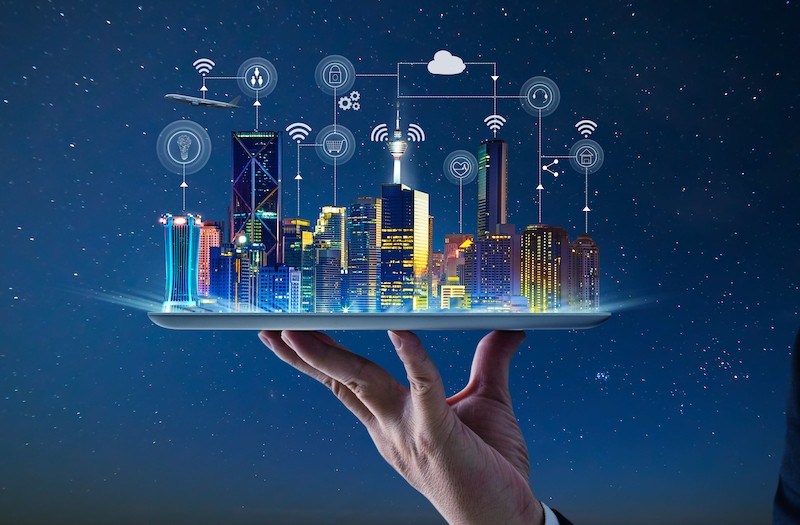In the evolving landscape of European urban development, the concept of ‘smart cities’ is at the forefront, representing a fusion of technology and urban living. These cities exemplify the integration of digital technology in every aspect of urban infrastructure, revolutionizing the real estate sector. This transformation in European cities is not just about technological advancements but also about creating spaces that are efficient, sustainable, and in tune with the needs of their residents. As we delve deeper, we will explore how this integration impacts real estate development, shaping the future of urban living in Europe.
The Integral Role of Technology in Urban Development
Technology has consistently been a transformative force in urban settings. In Europe, the rise of smart cities marks a significant shift in how real estate is developed and managed. These cities leverage digital technology to optimize operations, enhance data usage, and improve the quality of life for their inhabitants. The impact of these technological advancements is profound, leading to smarter, more sustainable, and more efficient urban environments.
Digital Transformation in Urban Environments
Digital technologies significantly influence urban development by fostering efficiency, sustainability, and informed decision-making, thereby cultivating transparent and competitive business environments. The evolution of cities is increasingly driven by technological innovations like machine learning, automation, and the Internet of Things (IoT).
Smart cities, equipped with sophisticated information and communication technologies, not only promote sustainable development but also substantially elevate the quality of life for their inhabitants. These technologically advanced and sustainable urban areas, where real estate is seamlessly integrated with digital solutions, become hubs for entrepreneurial activities and job creation.
Consequently, investing in smart cities and new technologies is not just a trend but a strategic necessity. The intelligent application of digital solutions, such as the analysis and interpretation of collected data, opens doors to increased efficiency and transparency.
These digital solutions for real estate serve as platforms for gathering real-time data, transforming them into actionable insights, and connecting various smart city stakeholders. Such connectivity enables swift, relevant, and effective actions by city administrations, particularly in decision-making processes.
Harnessing AI for Efficient Property Management
Municipalities and property managers are increasingly turning to Artificial Intelligence (AI) for data analysis. By integrating data from various databases into a singular platform, such as iNep, they achieve a level of transparency and uniformity in data organization.
This approach not only simplifies tasks for municipal employees but also accelerates processes and optimizes both time and costs. The clarity provided by this data consolidation facilitates better decision-making and enhances overall efficiency.
Real Estate – The Central Pillar of Smart Cities
Real estate, encompassing our homes, workplaces, and leisure spaces, is fundamental to the fabric of any city. In the realm of smart cities, the digitization of real estate is pivotal. As real estate stands at the core of urban centers, digital real estate solutions are set to become the backbone of smart cities.
The future of real estate development hinges on data-centric approaches, where the abundance of data empowers stakeholders to gain deeper insights into their real estate portfolios, thus facilitating superior decision-making.
Real estate is central to the development of smart cities. Its effective management and digitalization are key to unlocking the full potential of urban areas. By implementing smart solutions, cities can effectively navigate the complexities of digitalization and evolve into smarter, more efficient urban environments.
Challenges and Solutions of Smart City Development
In the context of smart cities, real estate must assume a leadership role in municipal development and digitization. The inevitable future sees real estate portfolios operating on IoT platforms, merging smart solutions with cloud technologies. This amalgamation fosters the creation of a unified smart city platform, centralizing real estate portfolios for innovation, analysis, and optimization. Utilizing such platforms to access consolidated data is crucial in realizing the smart city vision.
The implementation of new technologies poses significant challenges in the evolution of smart cities. Selecting the right technology that supports city digitalization is a crucial step toward shaping the future urban landscape.
Data security is a paramount consideration in smart city solutions. Platforms managing extensive real estate data must ensure robust security measures, including secure HTTPS connections, data archiving, and compliance with standards like ISO. Additionally, audit trails and user-specific access rights are essential to maintain data integrity and control.
Redefining Urban Infrastructure and Planning
The essence of ‘smart’ in the context of urban development transcends the mere use of digital platforms in traditional infrastructures. It is fundamentally about leveraging technology and data to make informed decisions, aiming to enhance the quality of life for residents.
The relationship between smart city development and real estate dynamics is both intuitive and significant. When considering end users in a smart city, one typically envisions residents inclined towards technology usage and consumption. These individuals expect their living spaces to offer high performance, exceptional quality, and long-term investment value. This translates to increased construction costs and, consequently, higher market values for real estate properties, especially when compared to older buildings with lower technological standards.
Conversely, for builders, designers, and others in the real estate supply chain, the key challenge lies in continuously updating development plans to meet the evolving needs of users. This is evident in projects like Zion Road Residences, where the focus is on integrating the latest trends and technologies to ensure that urban spaces are not only functional but also sustainable and conducive to a high quality of life. Such developments exemplify the importance of staying abreast with the changing dynamics of urban living.
The Future of Smart Cities
Smart cities aim to be more connected, efficient, and sustainable. This is particularly relevant for municipalities with extensive real estate holdings, including government buildings, markets, parking facilities, public housing, and other amenities.
The sheer scale of these assets presents opportunities for cost reduction through energy savings and optimized space usage, as seen in solutions like iNep. Additionally, structured management and maintenance of these assets, as offered by solutions like iFacility, are crucial for extending their lifecycle and ensuring their sustainable use.
While some smart city solutions are heavily technology-centric, a focus on user-friendly, easily accessible, and rapidly deployable solutions is crucial. This approach ensures that technology serves the needs of its users, enabling more efficient and widespread adoption.
Innovative Real Estate Management in Smart Cities
Our approach to real estate management in smart cities is rooted in extensive research and development. By addressing the unique challenges and needs in real estate portfolio management, we ensure that cities adopting our solutions are well-equipped to transform into smart cities, adept at handling the demands of modern digitalization.
By 2050, the world’s population is projected to reach around 10 billion, with two-thirds residing in urban centers or sprawling metropolises. Many of these mega-cities, such as New York, Tokyo, Shanghai, Mumbai, Mexico City, Istanbul, and Kinshasa, already exist today. Smart city projects are particularly relevant to these urban giants, providing solutions to manage the complex systems of diverse infrastructure that characterize such densely populated areas.
Conclusion
As the world’s population grows and urbanizes, the development of smart cities becomes increasingly essential. These advanced urban areas must cater to the sophisticated demands of a technology-driven populace while ensuring sustainability and efficiency. The real estate sector plays a pivotal role in this transition, tasked with creating spaces that embody modernity and innovation. The future of urban living hinges on this symbiotic relationship between smart city planning and real estate development, striving to accommodate the complexities of modern life in increasingly crowded and technologically advanced environments.





